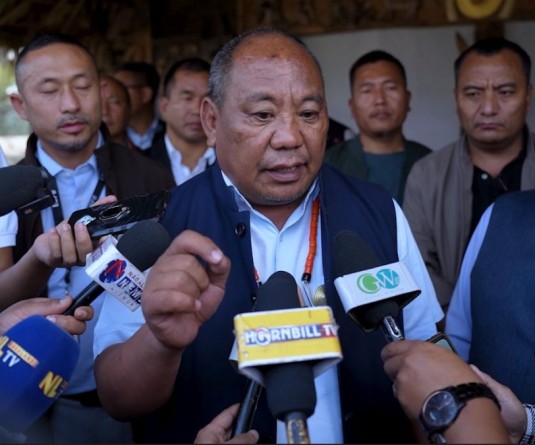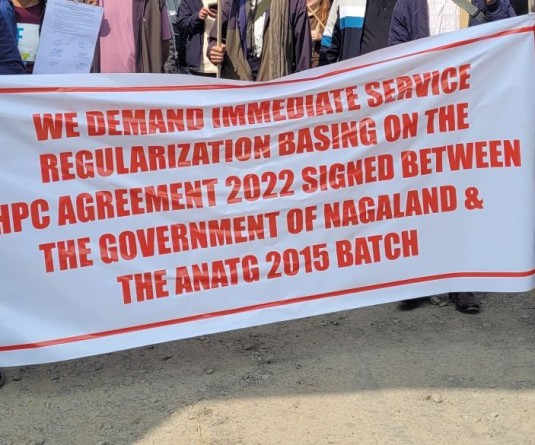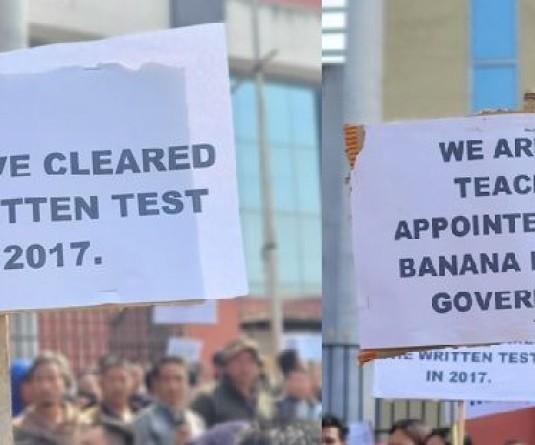
Dimapur, March 20 (MExN): The Nagaland Department of Health & Family Welfare has issued a reminder on the importance of limiting and reducing the transmission of respiratory tract infections, particularly in light of rising cases of the new variant of COVID-19 (XBB 1.16) and Influenza H3N2. It highlighted factors such as inadequate personal hygiene, coughing and sneezing without protection, closed door gatherings, and other such behaviors as contributing to the increased transmission of viral respiratory pathogens.
In a press release received here on Monday, the department stated that while most of these pathogens typically cause mild and often self-limiting illnesses manifesting as acute respiratory infections with fever and cough, the elderly, young children, people with obesity and other co-morbidities, pregnant women, and those with chronic diseases may suffer from more severe manifestations of these diseases requiring hospitalization. Therefore, the department recommended following respiratory and hand hygiene practices such as covering one’s mouth and nose when coughing or sneezing, avoiding spitting in public places, wearing masks in crowded environments, and frequent hand washing.
The department has also urged early reporting of symptoms to healthcare workers to initiate early care and treatment and to limit contact with those suffering from respiratory illnesses. The public is also encouraged to come forward for testing of those exhibiting signs and symptoms of respiratory tract infections.
Regarding the XBB 1.16 variant of COVID-19, it said that the detection is done through genome sequencing of a positive COVID-19 sample. The last positive case reported in Nagaland was on February 11, 2023, and the need for sending samples for genome sequencing did not arise. However, it assured that the department has intensified surveillance and put all rapid response teams on alert.
Despite the rising trend of respiratory tract infections, including H3N2 and COVID-19, there is no report of increased severity. The public is requested to be vigilant and not panic, the release stated. Meanwhile, the department has provided a list of dos and don'ts for infection prevention and control, such as avoiding crowded places, covering one’s mouth and nose while sneezing, washing hands with soap and water, and avoiding shaking hands or using contact greetings. The public is advised not to take antibiotics or other medicines without consulting a doctor and to take paracetamol for fever and body aches.
DO’s and Don’t’s for Infection Prevention and Control
Do’s
1. Wash hands with soap and water.
2. Wear masks and avoid crowded places.
3. Cover mouth & nose while sneezing
4. Avoid touching eyes and nose.
5. Take plenty of fluids
6. Take Paracetamol for fever and bodyache.
Dont’s
1. Shake hands or use contact greetings.
2. Spit in public.
3. Take antibiotics or other medicines without consulting a doctor.
4. Eat together sitting close to others.






